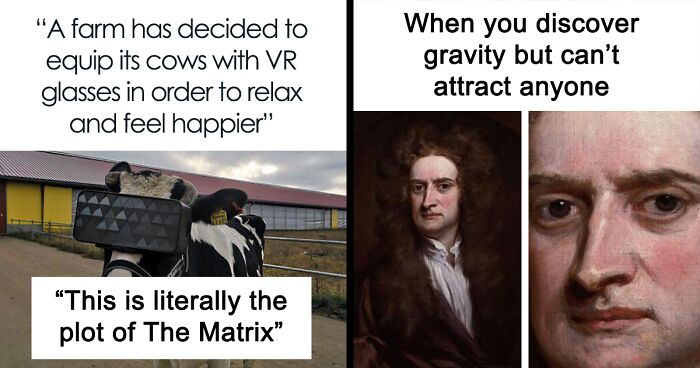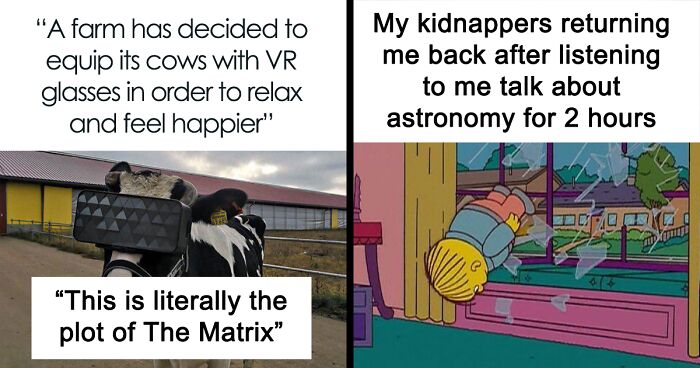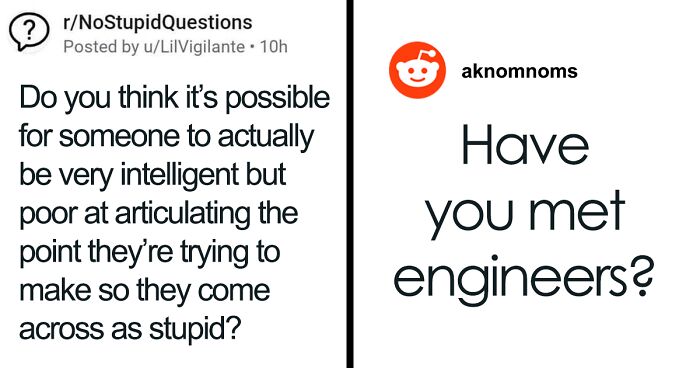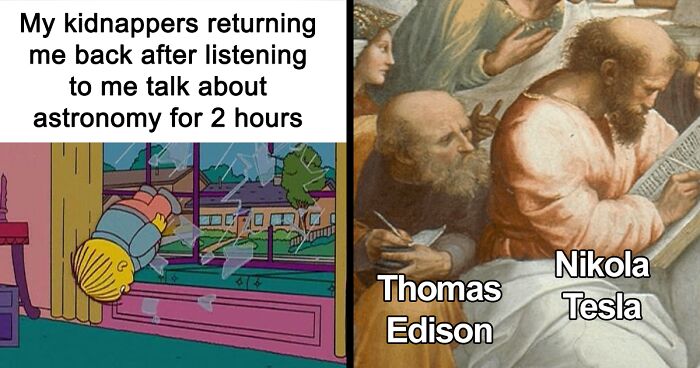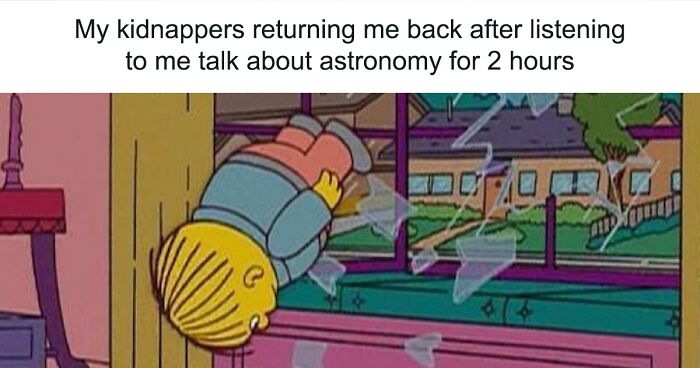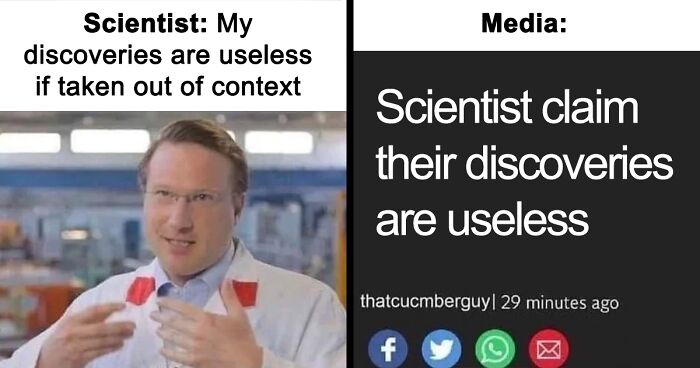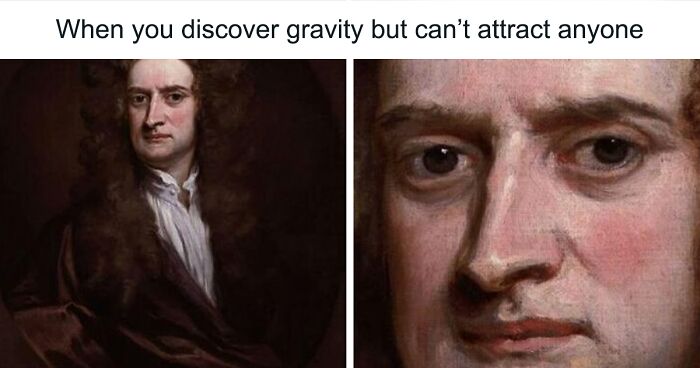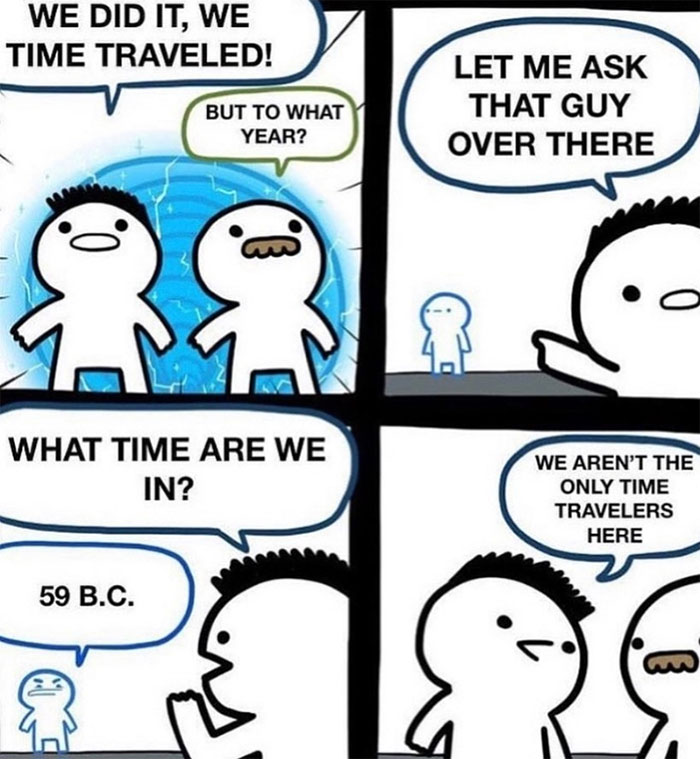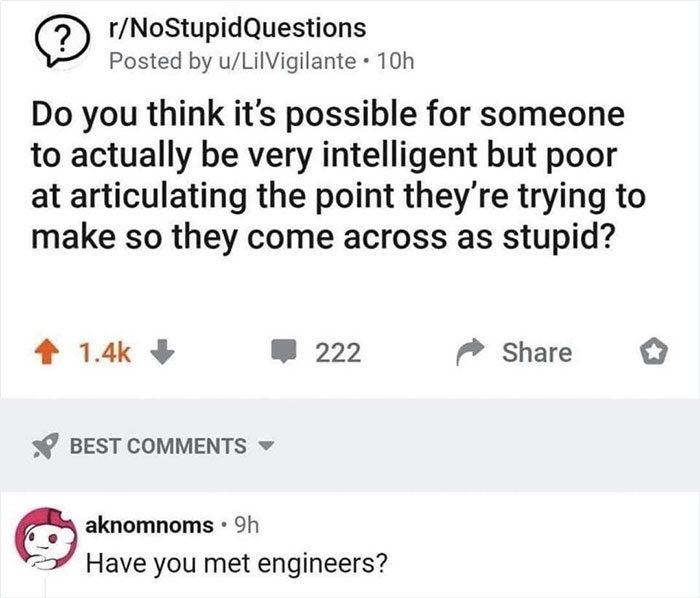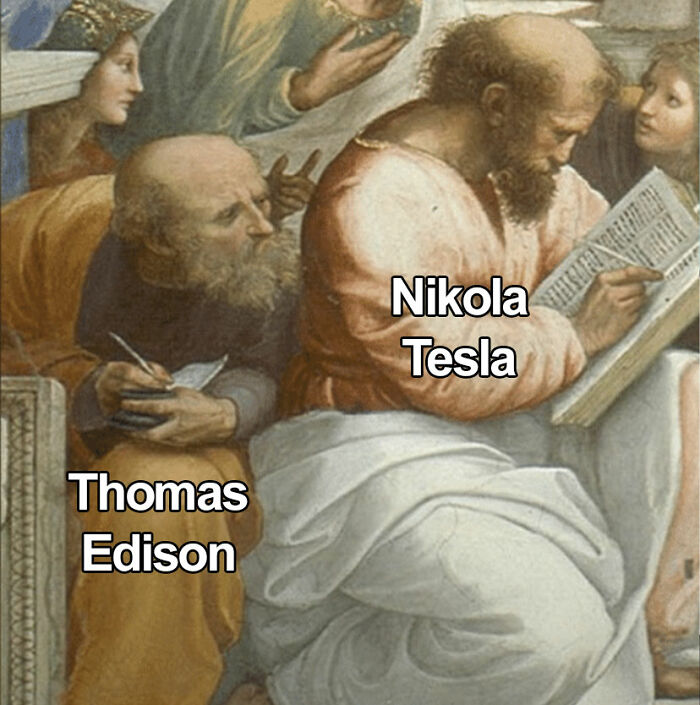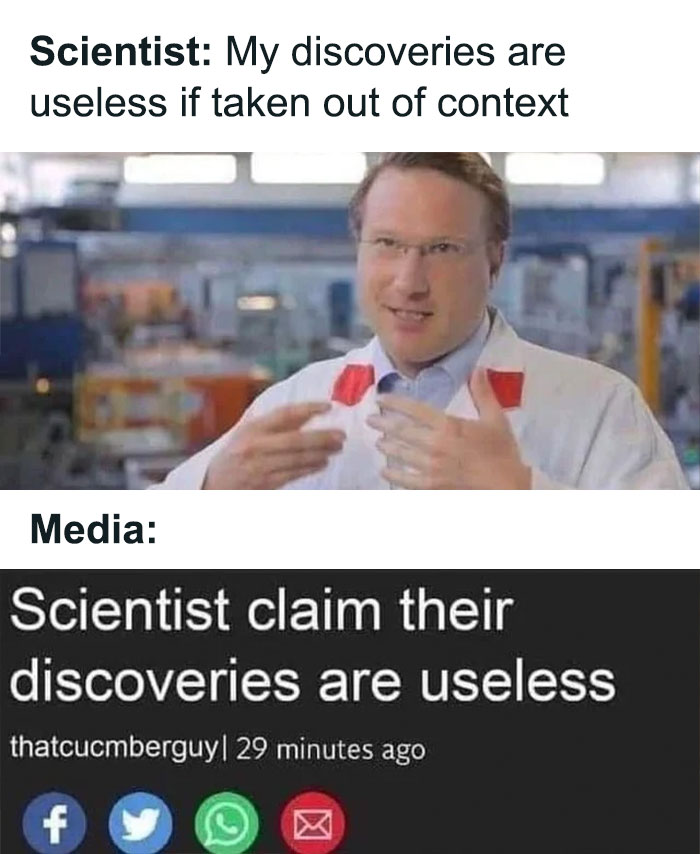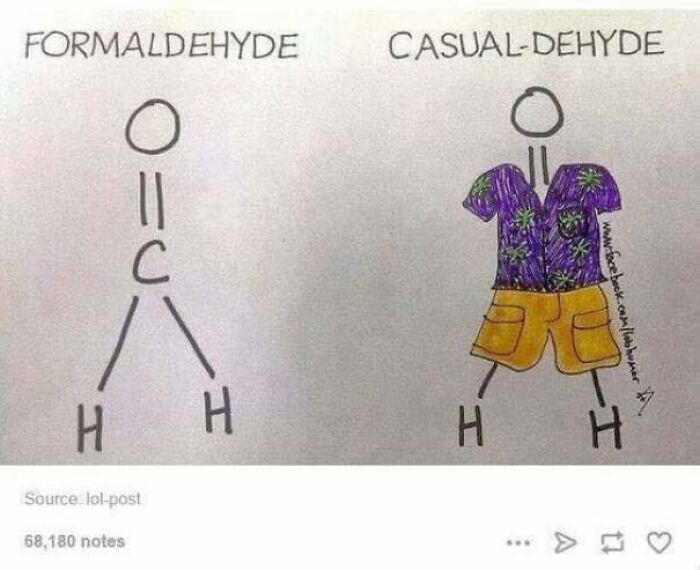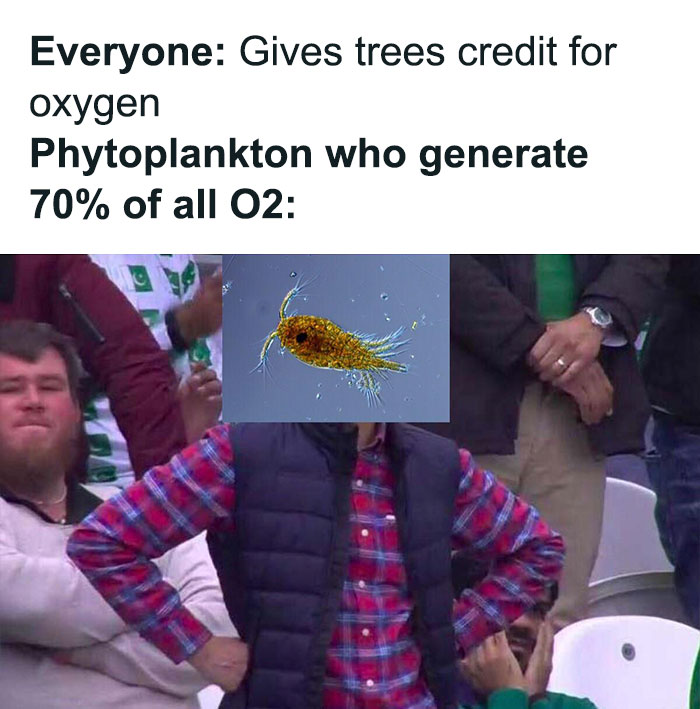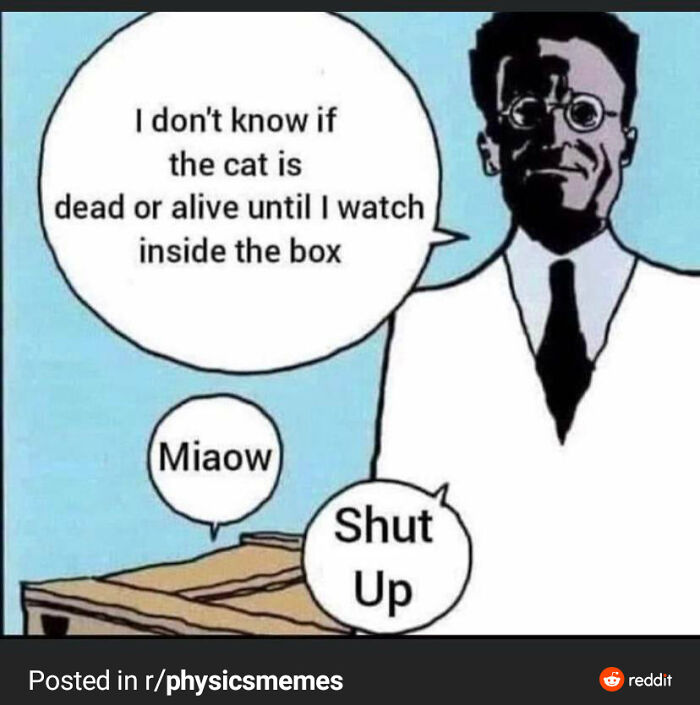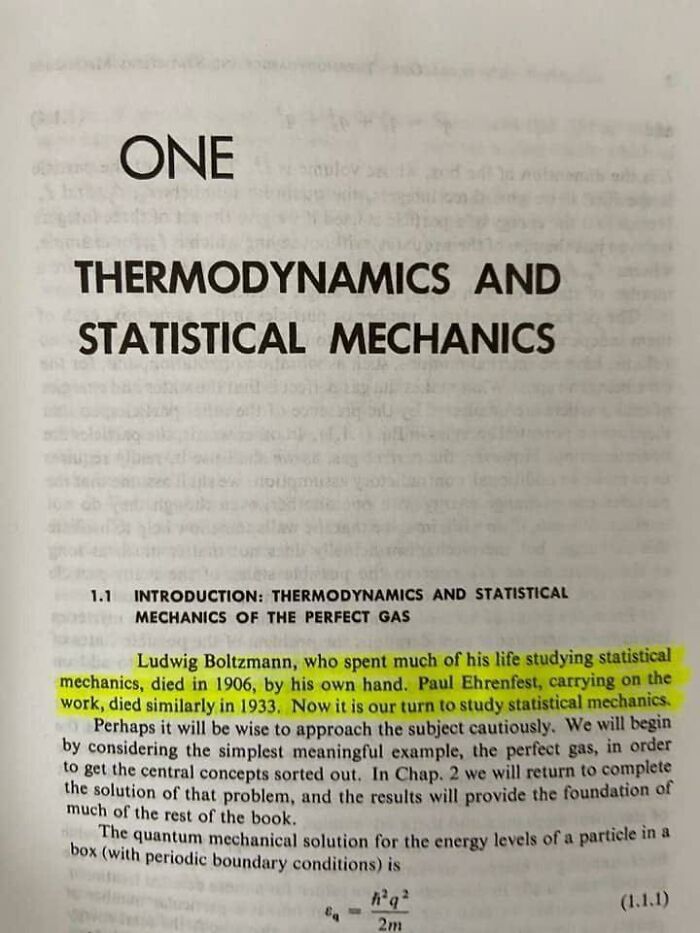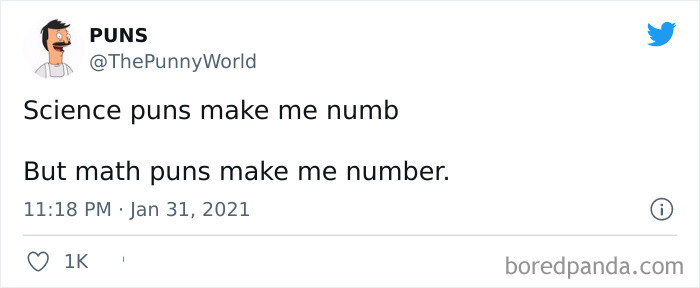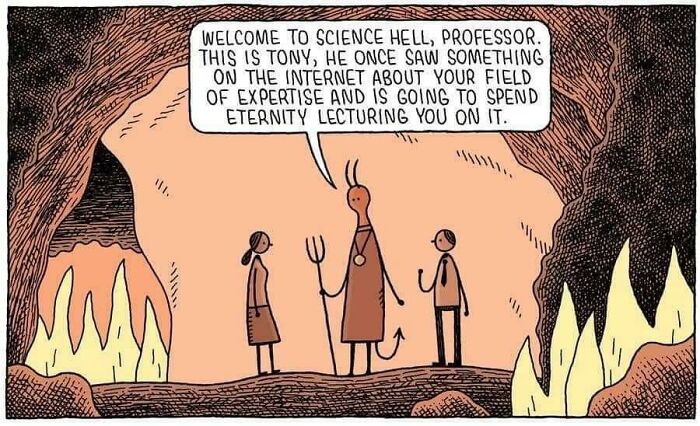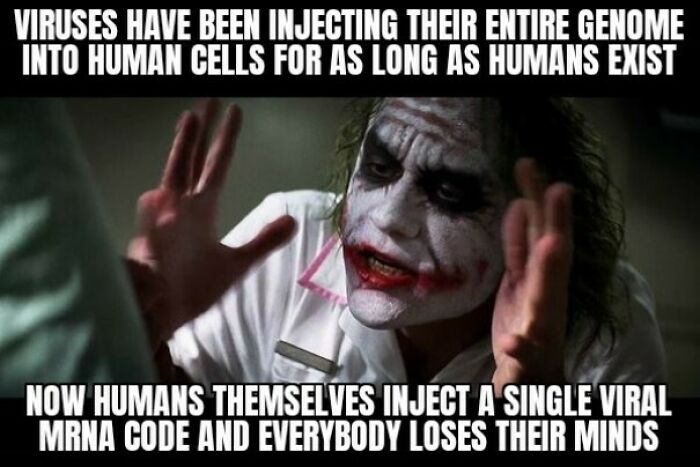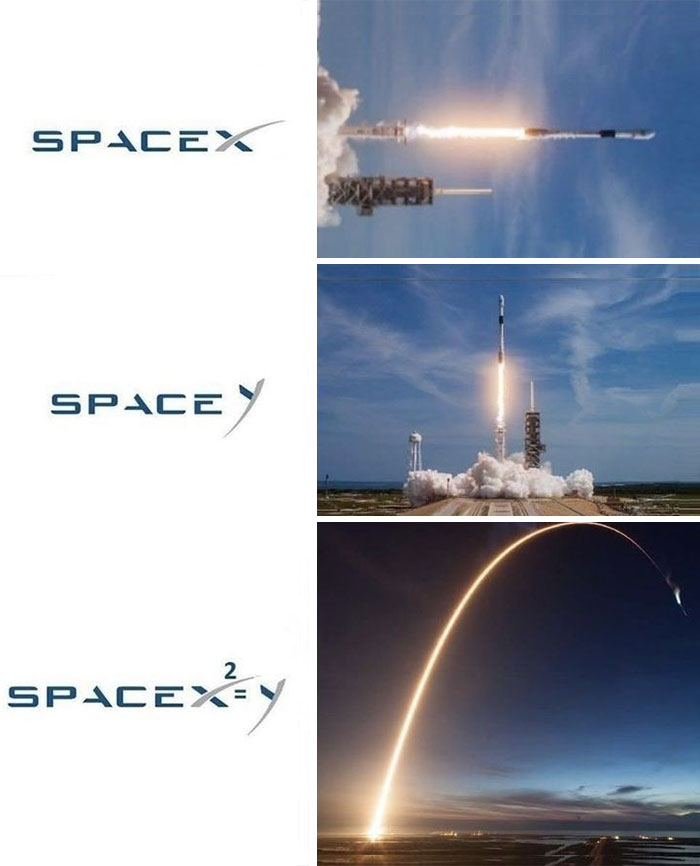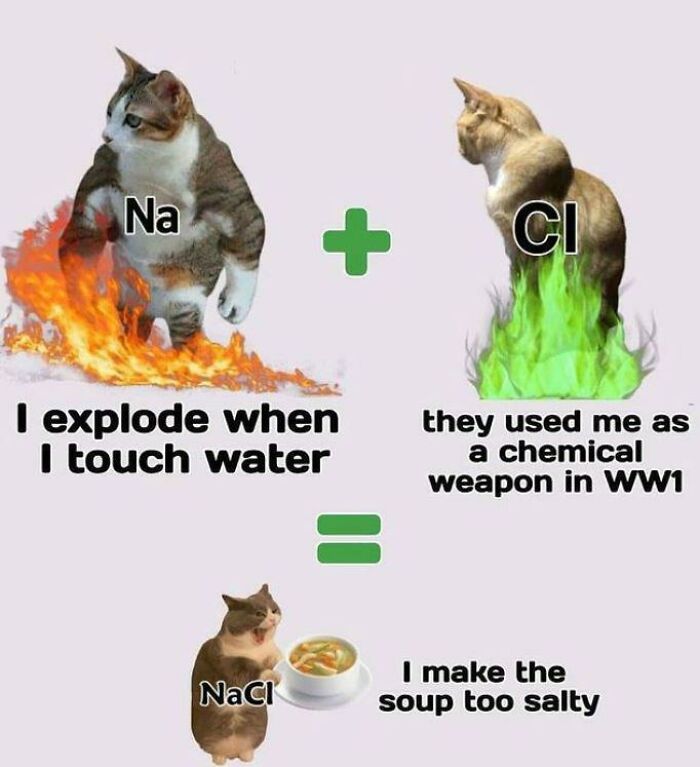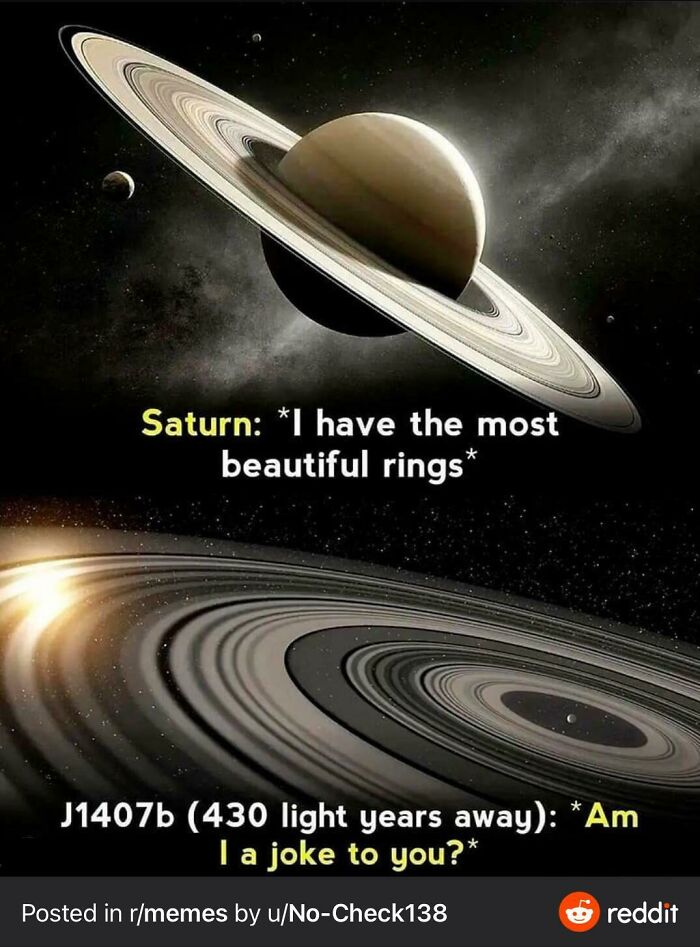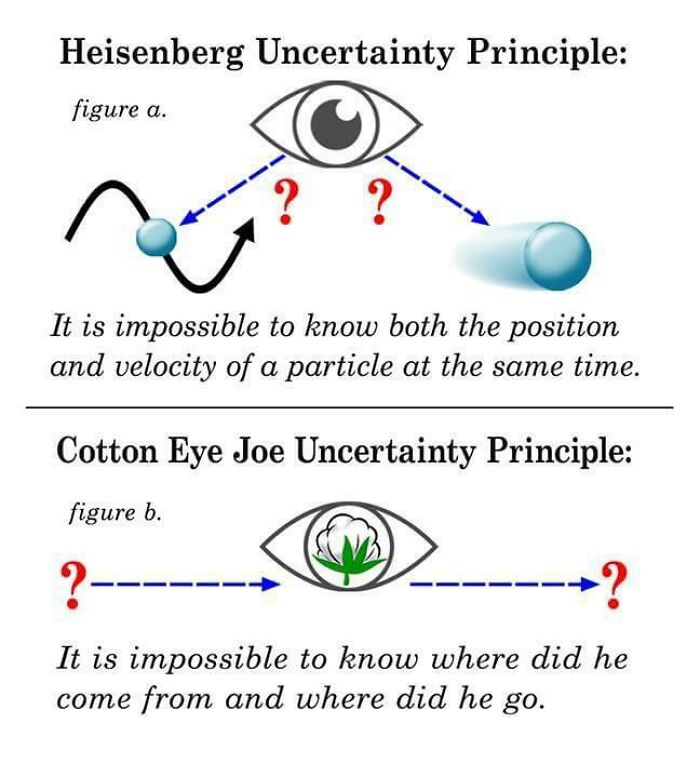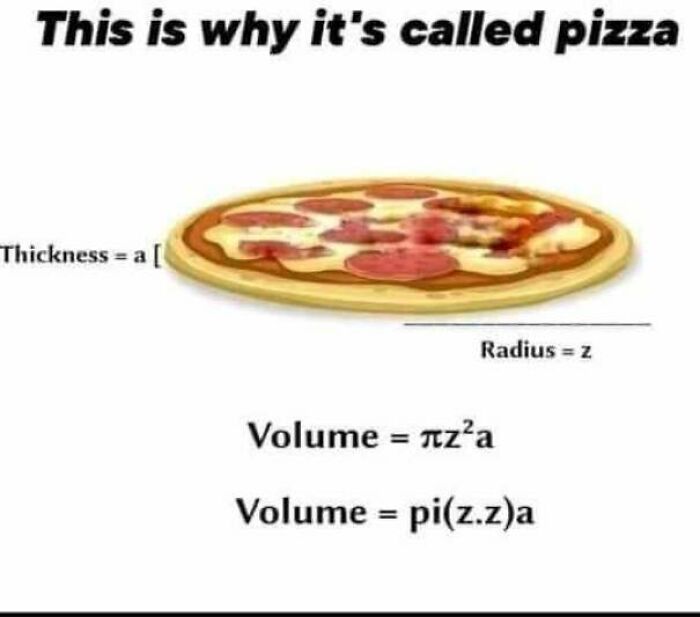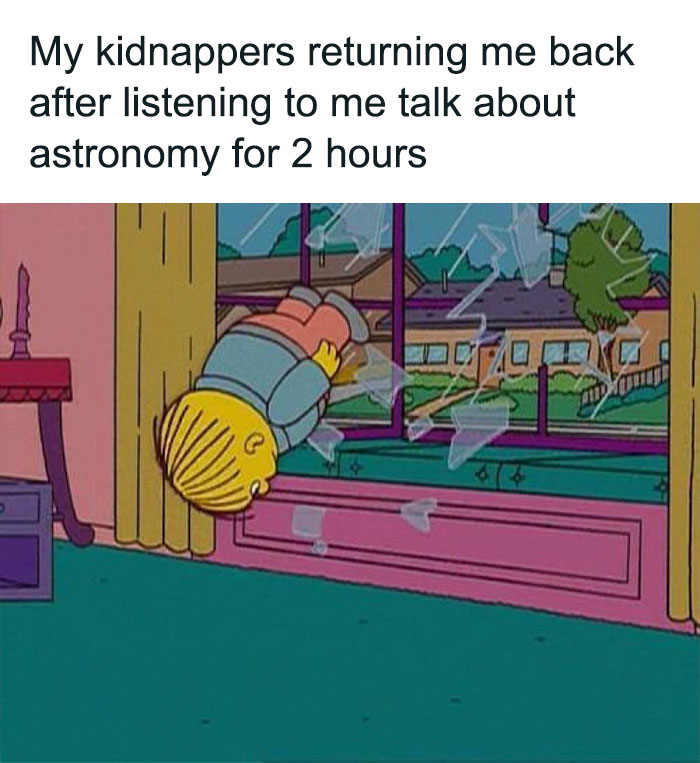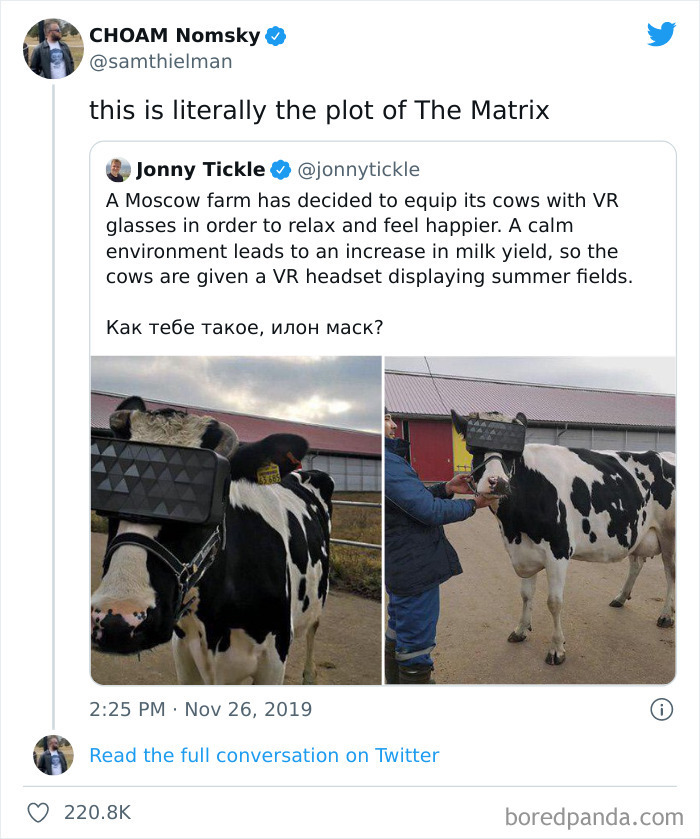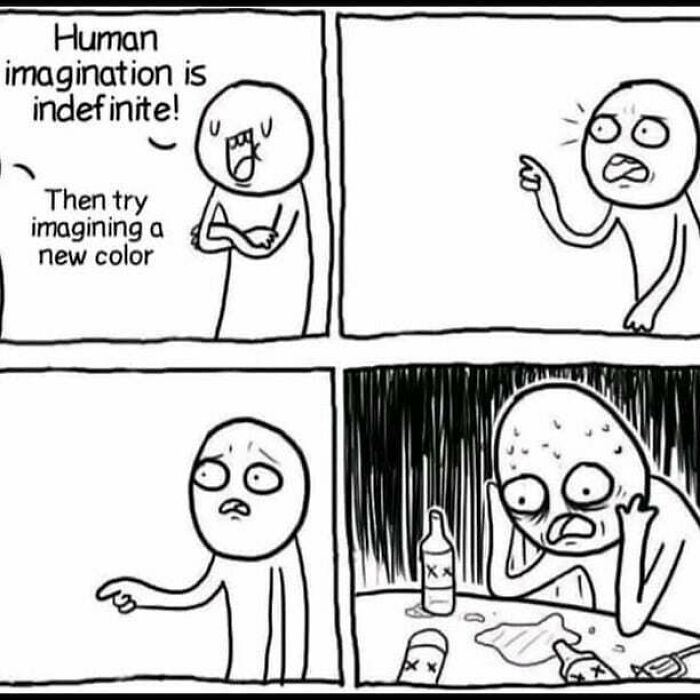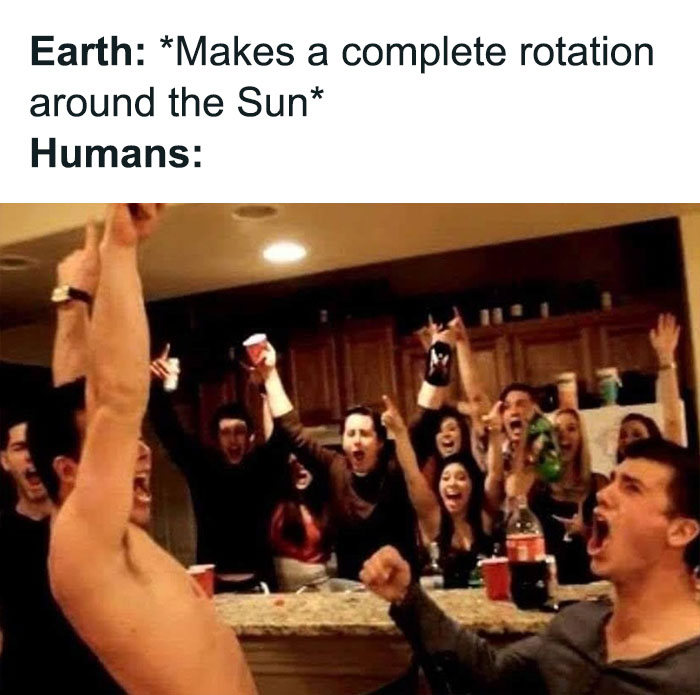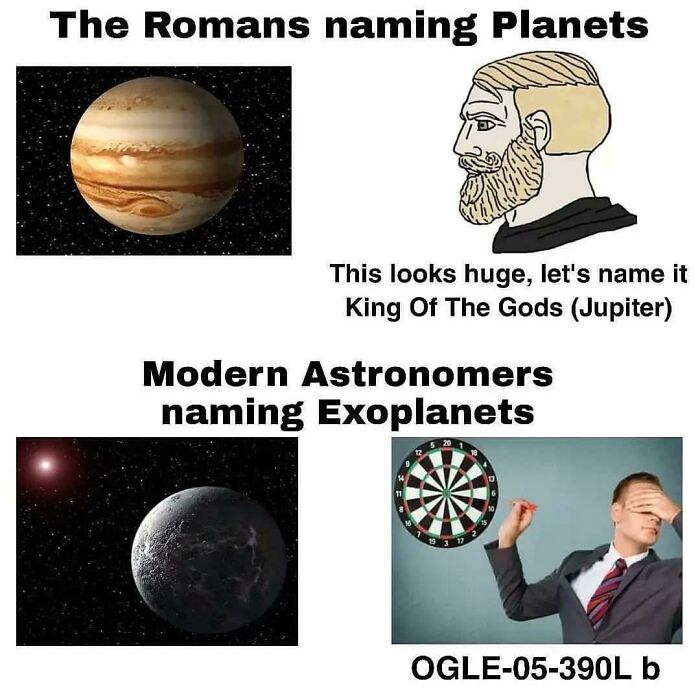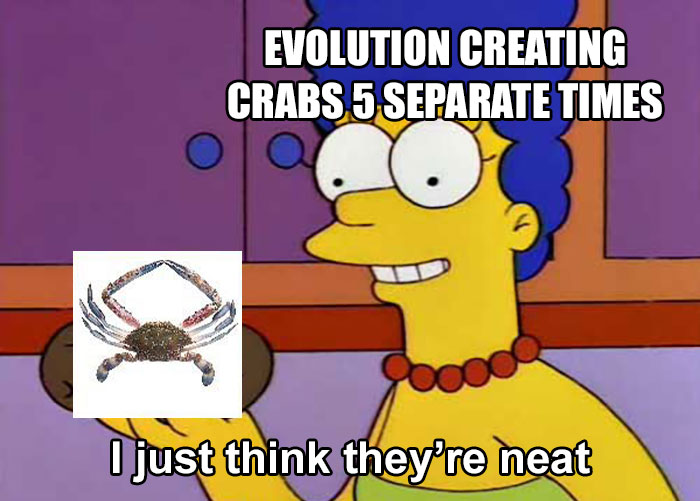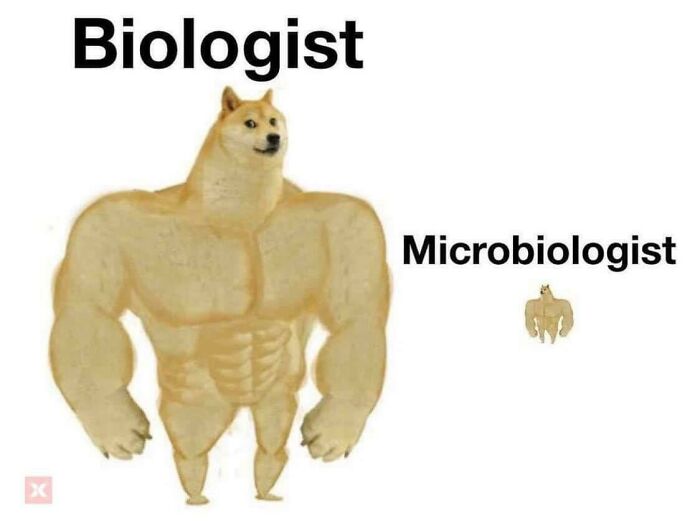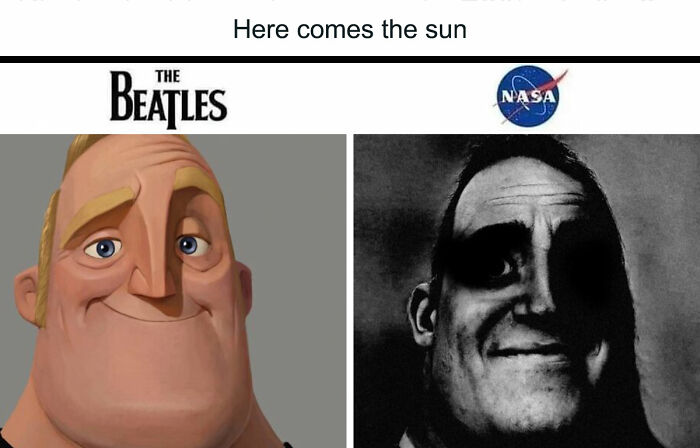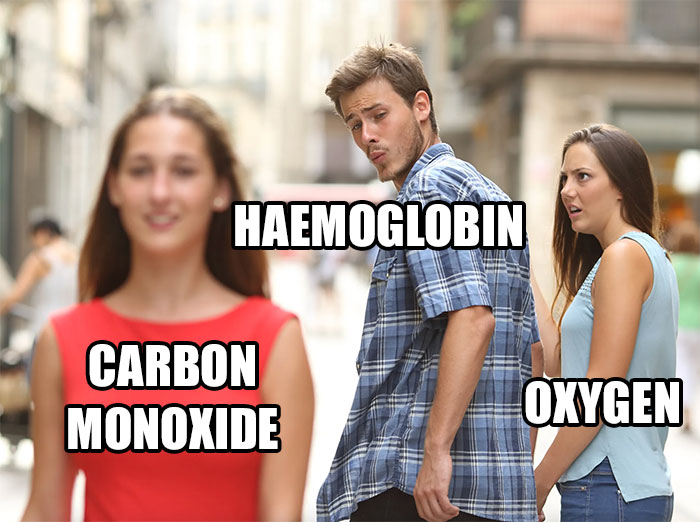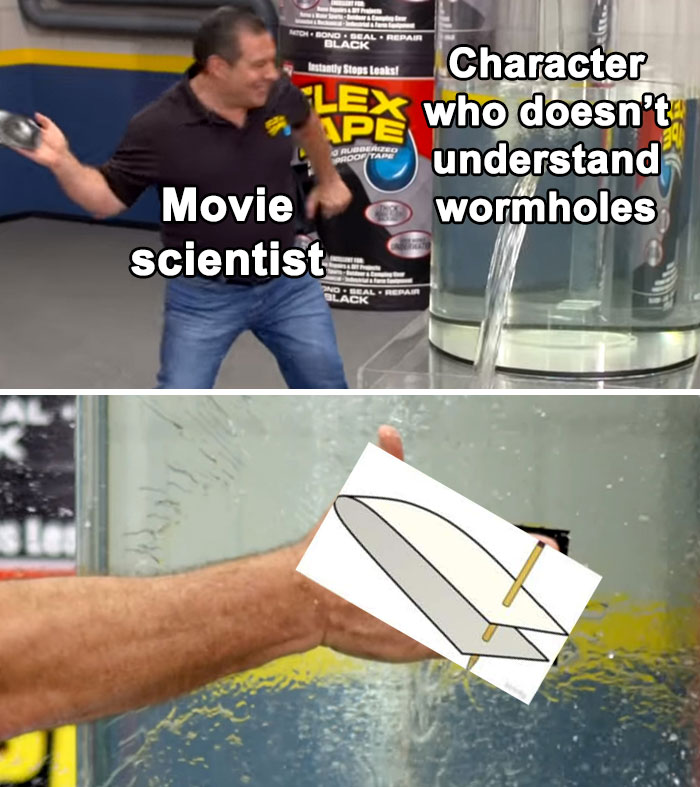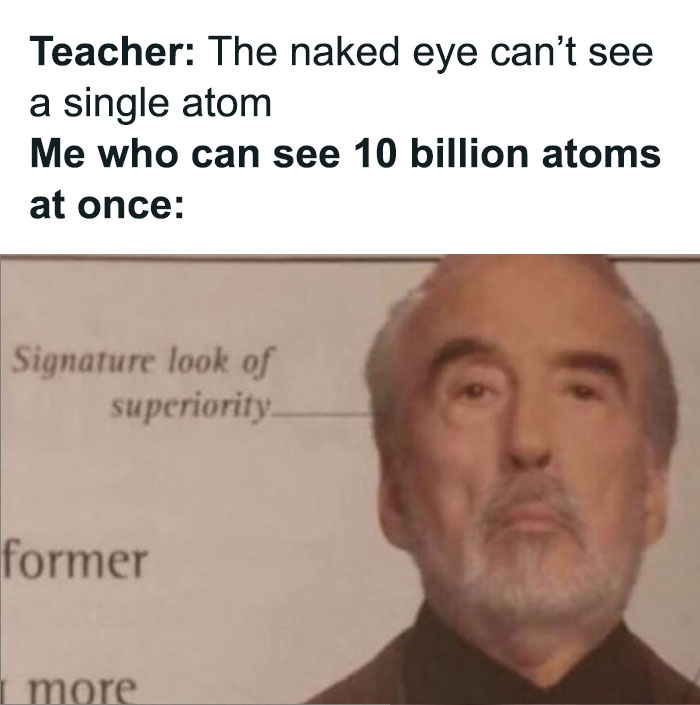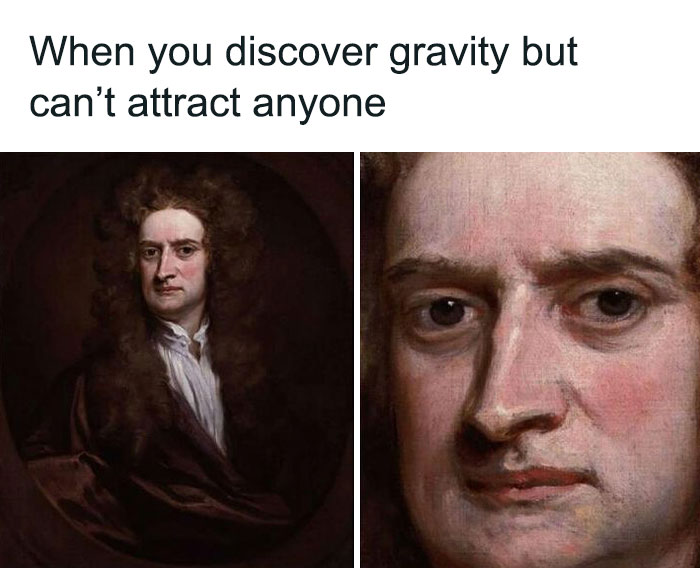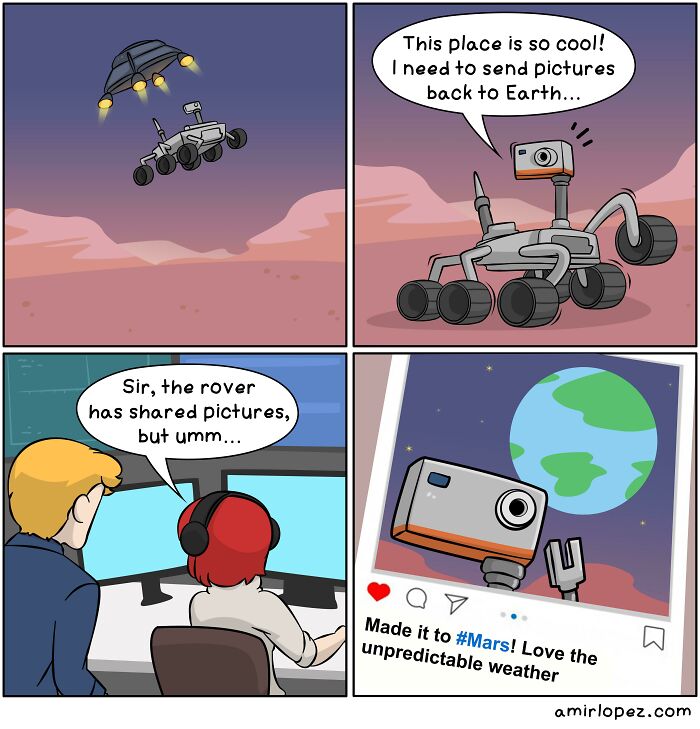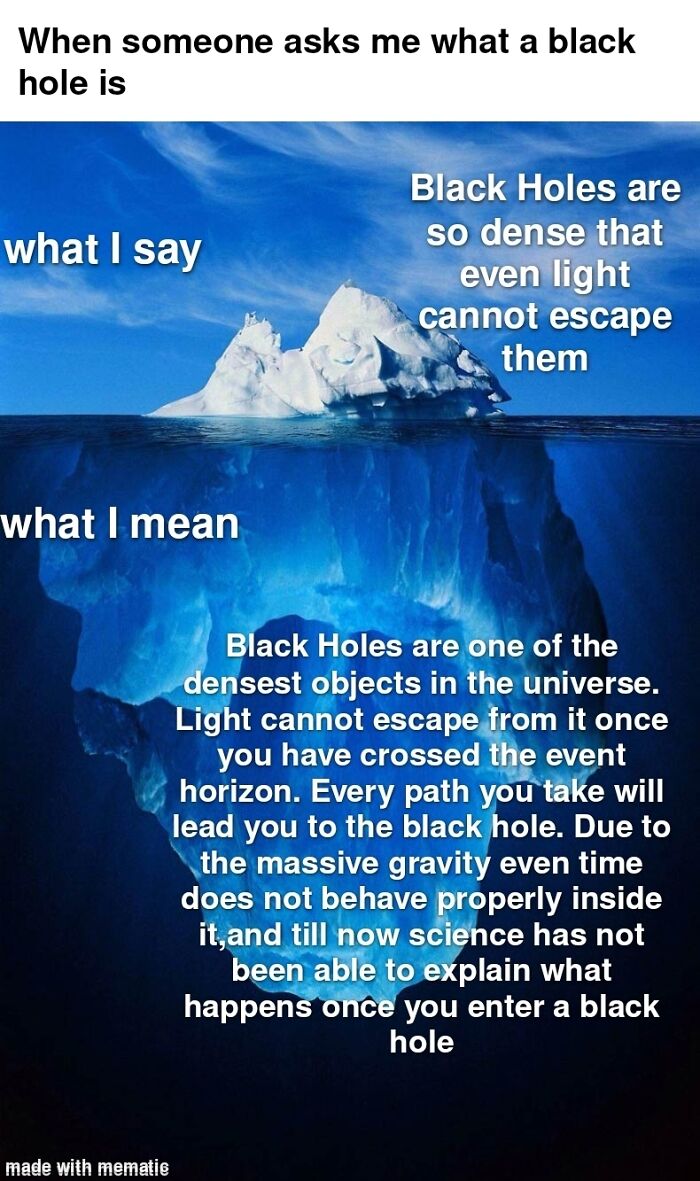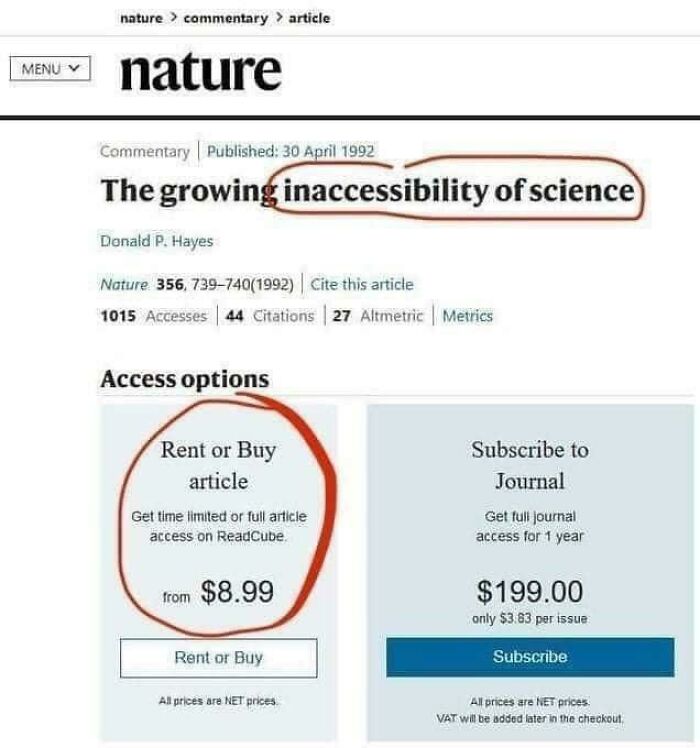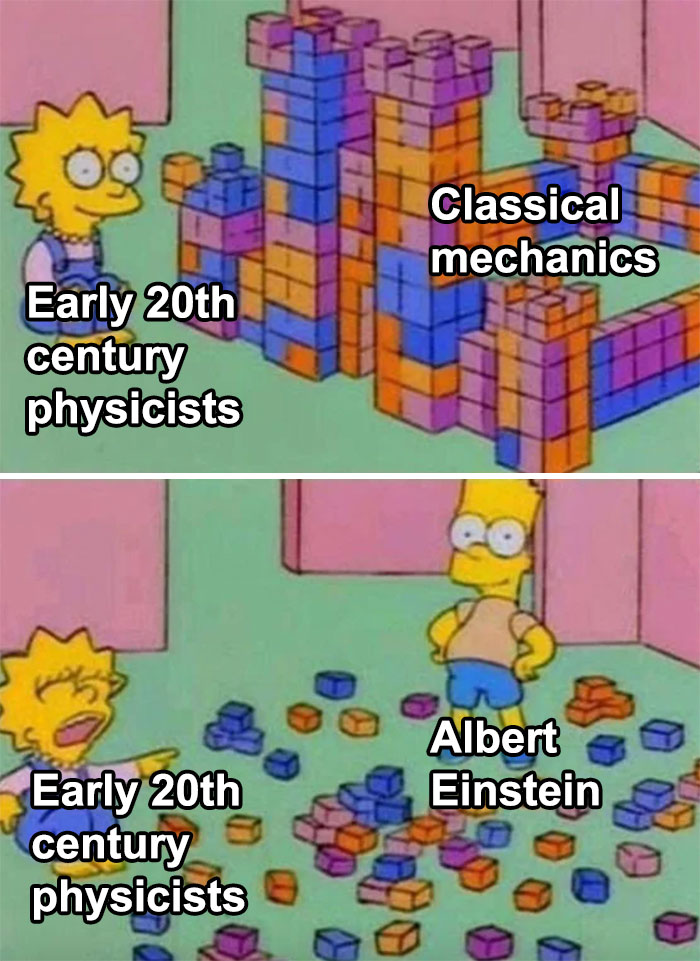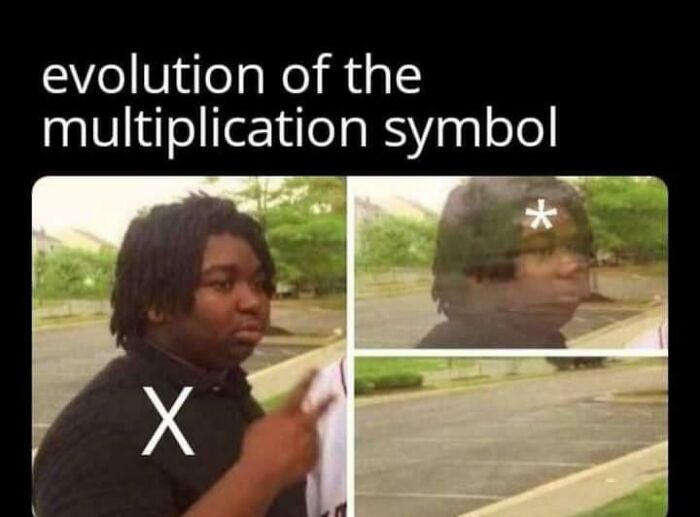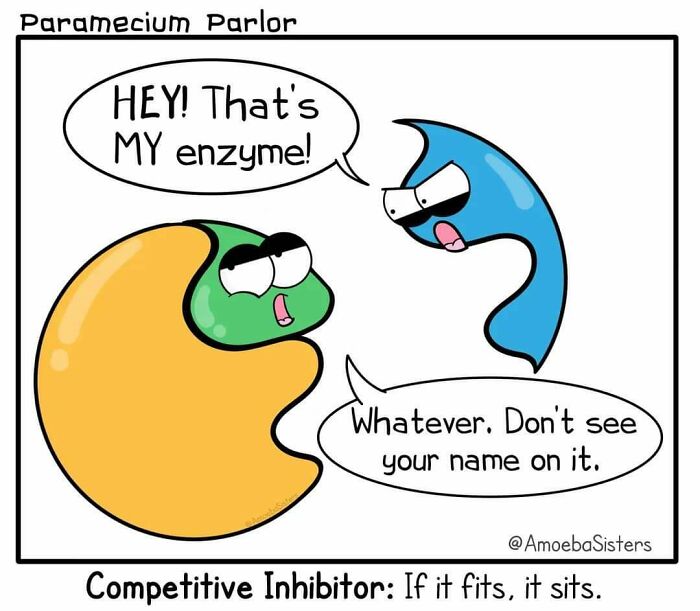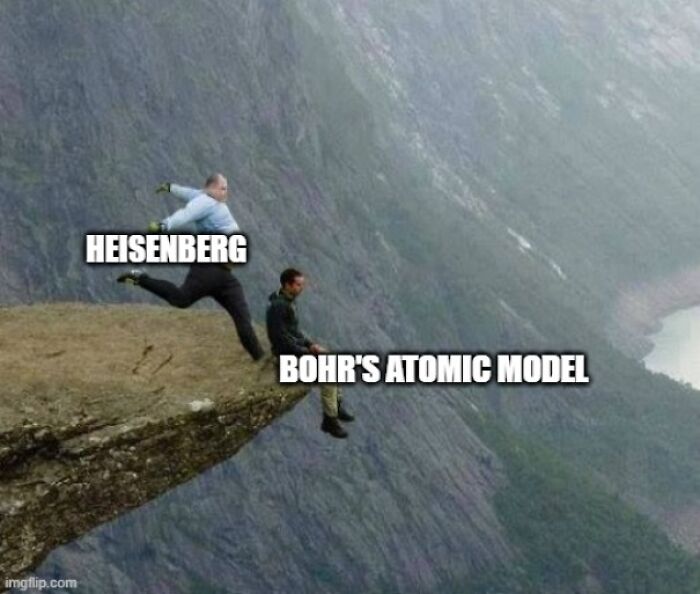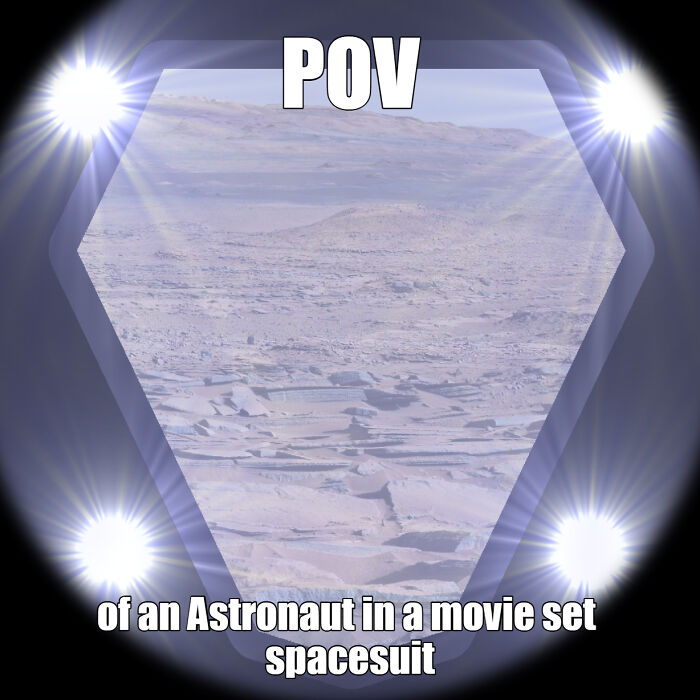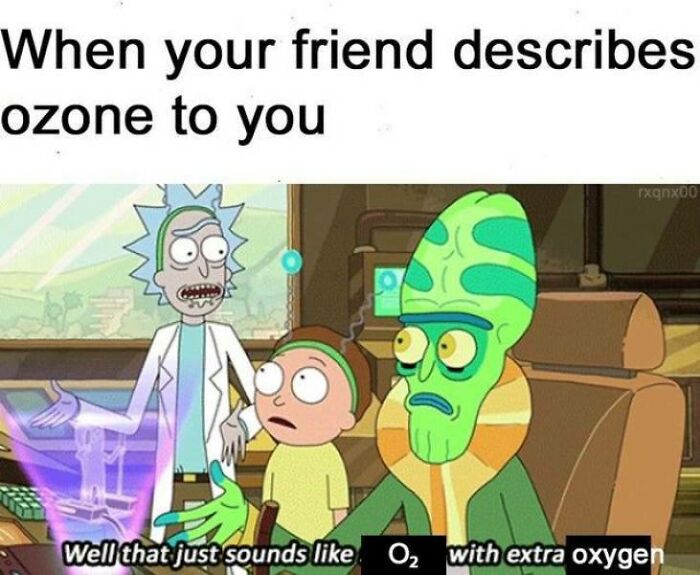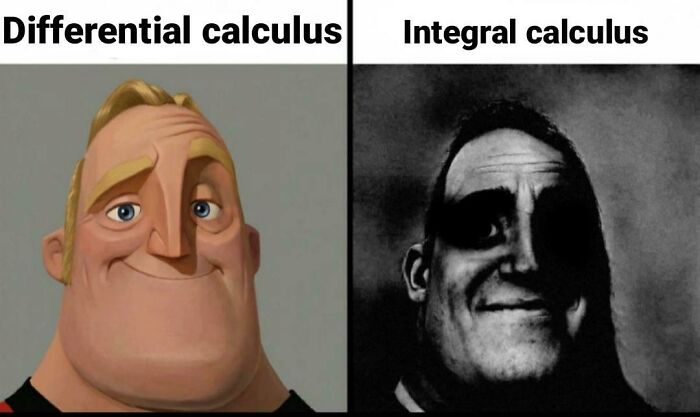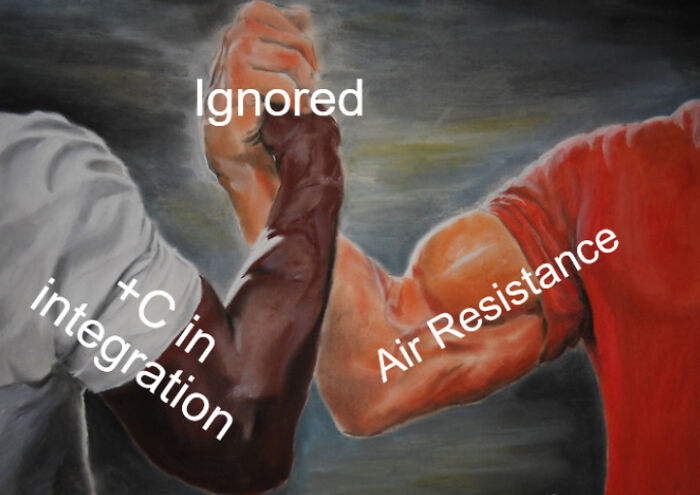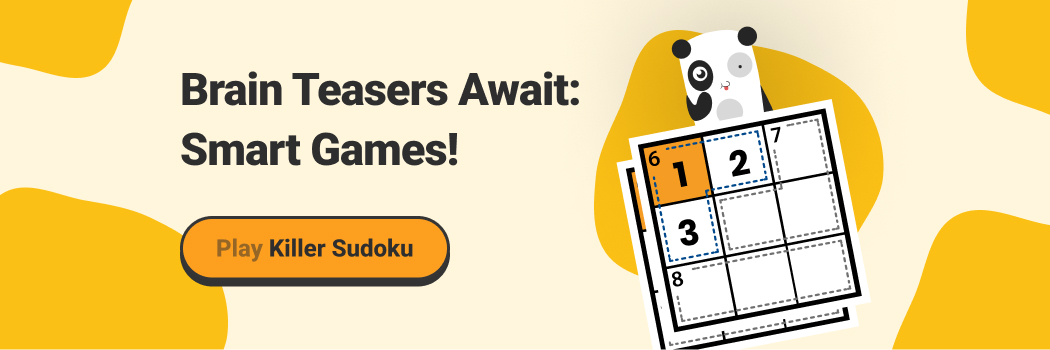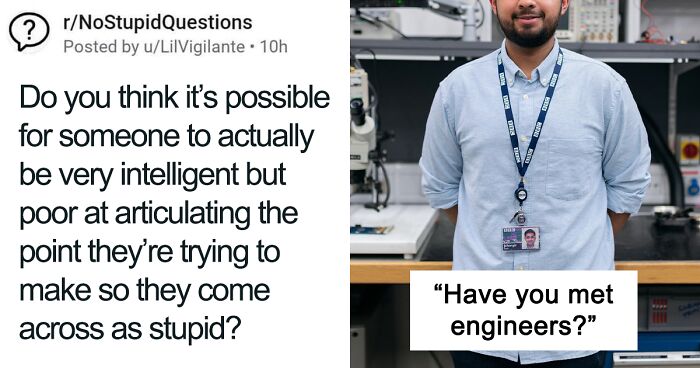
30 Science Memes That Have Been Scientifically Proven To Cause Laughter (New Pics)
If there's one axiom about the internet, it's that if a thing exists, you'd better believe there's a subreddit that has at least a few dozen funny memes about it.
Even if you're interested in subjects that pop culture often overlooks, like physics or chemistry, you are bound to find them.
Just look at 'Science Memes.' While this online community with 207,000 members isn't the biggest on the platform, it provides a much-needed supply of jokes for the geeks inside of us.
From the rivalry between Tesla and Edison to poking fun at movie tropes, these folks have it all. Continue scrolling to check out their funniest stuff, and fire up Bored Panda's older article on the subreddit if you want more science memes.
This post may include affiliate links.
The push for STEM initiatives — coding workshops for elementary school children, or extended-day science experiments for middle school students — reigns at the forefront of the education conversation we're having today. But one might question why bother with such difficult subjects in the first place.
As STEM enthusiasm percolates, the teaching of science — its importance, its challenges — isn't always part of the conversation. So let's take a look at the conversation Usable Knowledge had with two Harvard faculty members, one an experienced high school teacher and the other a philosopher of science, whose thoughts may help to reframe and revitalize the mission of science education.
(Spoiler alert, both of them argue that science should be much more than the rote memorization of theories, formulas, and vocabulary. It should be an education in problem-solving and collaboration.)
Are you saying that anything else taken out of context is understandable? I like prezels
Oh, so you hate bread sticks! I see how it is, you bread discriminator! (/s)
Load More Replies...I believe I'm going to print and frame this. There has never been a more accurate and disturbing meme.
I do wish science reporters (or more likely their editors) would stop going for oversimplified and sensationalized headlines. It has really added to people's confusion and to the fatigue related to their perception that they're getting constantly changing and conflicting medical and scientific advice. It's not the scientists or the science, it's the translations of the scientists' work that's the problem, and of course headlines that offer simple solutions or dangers get more clicks. Often it's only the headline that's the problem, and the science is better explained in the body of the article, if people get that far, but the damage is already done.
This is painfully true. Scientists: we've identified a compound that kills 20% of the malignant cells in a mouse model with a very specific type of skin cancer. Media: SCIENTISTS FOUND A CURE FOR CANCER!
Most headlines on all news articles. (Not party specific) There is no unbiased news. All news should be required to report their biases and financial support at the beginning of the articles.
Load More Replies...OMG I was attending a science conference today that was literally making this point. Screenshot, sent to presenter.
HGSE Lecturer Victor Pereira, who taught high school science for more than a decade before becoming the master teacher in residence (science) in the new Harvard Teacher Fellows Program, knows the challenges firsthand.
He says classes can vary hugely in terms of students' prior knowledge, experiences, and interest in the subject. By the time they reach high school, many students are already wary of science, thinking the material is boring and useless, or that they themselves are too dumb to learn it. And building an understanding of science depends on acquiring a new and complicated vocabulary, which can be odious to teach and to learn.
Tackling these obstacles, educators should help their students approach science as more than an academic subject. "The nature of science itself is: make observations of the natural world, try and identify patterns, ask questions, find answers, ask more questions," Pereira says. "It's solving. It's a way of thinking." He argues that educators should portray science as acquiring skills, rather than memorizing facts. If the classroom focuses on the scientific process of discovery, more students will be engaged in the subject matter.
HGSE Professor Catherine Elgin, who has devoted her career to the philosophy of science, has theorized that learning science includes the pursuit of another attribute: morality.
Scientific inquiry, according to Elgin, requires collaboration. Any project, in fields ranging from astrophysics to microbiology, requires a team of scientists working together to garner results. This collaboration requires trust. In order to be confident in their findings, scientists need to be able to trust both their teams and the researchers whose work they have studied.
Scientists have to be trustworthy if they want to uncover new knowledge and advance their fields. They do, after all, want their findings to contribute to the discovery of truth — an underlying goal of any scientific inquiry. Furthermore, scientists know that the public depends on them to publish accurate research that will lead to necessary advances in health and technology. To meet these expectations, findings must be honestly and meticulously recorded. Because this trustworthiness is a moral attribute, Elgin highlights, scientific inquiry is a moral activity.
But how does this connect to science education?
Elgin says that the process of learning science reinforces these attributes. Chemistry majors cannot become chemists — and high schoolers cannot pass their chemistry labs — if, as students, they do not work together, double–check their assignments, and remain honest in their reports.
"Science does not happen on an island or in isolation," Pereira adds. It's actually the science teacher's responsibility to make sure that students understand the importance of collaborating, along with staying organized and paying attention to detail.
These interrelated characteristics of science education — the process of discovery and the collaboration on trustworthy results — are not mutually exclusive. Pereira thinks that science teachers should encourage their students to look at scientific advancements through an ethical lens, looking for patterns and asking questions about scientific developments. Science teachers should help students think critically about current technologies made possible by science, and reflect on whether future technologies will be morally acceptable.
The good thing is that in many countries more young people are taking STEM subjects at university than ever before. For example, according to UCAS, since 2011, acceptances into computer science courses in the UK have risen by almost 50% and acceptances to engineering courses are up 21%.
Not to mention the 400% increase in acceptances for students wishing to go on to study artificial intelligence.
Just think of all the good memes they will produce!
Well, Antivaxers spread preventable viruses to immune comprimised people, thus endagering people so the antivaxerrs dont have to wear a piece of cloth. Its fine to hate people who put others in danger for no good reaxon.
Load More Replies...Well, Antivaxers spread preventable viruses to immune comprimised people, thus endagering people so the antivaxerrs dont have to wear a piece of cloth. Its fine to hate people who put others in danger for no good reaxon.
Load More Replies...
 Dark Mode
Dark Mode  No fees, cancel anytime
No fees, cancel anytime 




